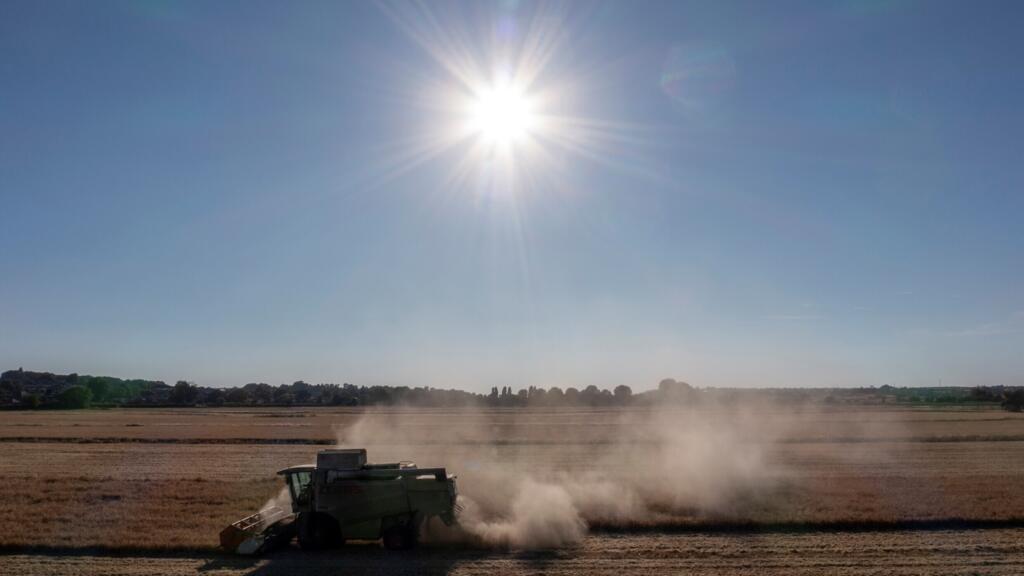Severe Drought Threatening Northern European Crop Production
Farmers in several regions of northern Europe are expressing deep concern for their crops as they face the most severe drought in decades. Unprecedented dry weather this spring has led to significant delays in the sprouting of key agricultural products, particularly wheat and corn, which would typically have begun to emerge by this time of year. This situation is raising alarms regarding food security and the economic stability of farming communities that heavily rely on these staple crops.
The spring of 2023 has brought unusual weather patterns across northern Europe, including countries like Germany, Denmark, and the Netherlands. Reports indicate that precipitation levels are substantially below average, contributing to soil moisture depletion. Many farmers are now grappling with the reality that their yields may be significantly impaired, resulting in financial losses and potential shortages in the food supply chain. Ensuring optimal conditions for crop growth is essential, and the current lack of rainfall presents a daunting challenge.
Wheat, an essential cereal crop, is particularly at risk. Traditionally, wheat seedlings would have established themselves in the soil by now, but the ongoing drought has delayed this critical phase of growth. It is not uncommon for farmers in northern Europe to expect their wheat fields to flourish by early spring; however, this year’s circumstances have disrupted expected timelines. Farmers are reported to be anxious as they look toward the summer months, which are crucial for the development of crops.
Additionally, corn crops are facing similar threats. Corn requires substantial water during its growth period, especially as it begins to tassel and produce ears later in the season. With reservoirs and groundwater supplies diminishing due to the prolonged dry spell, farmers are left in a precarious position. Many are worried that without significant rainfall in the upcoming weeks, they may have to make the difficult decision to reduce their planting areas, which could further impact yields.
This drought not only threatens crop production but also has broader implications for food prices and agricultural sustainability in the region. In Denmark, for instance, farmers are voicing fears that the cost of feed and other farm inputs could rise as crops fail, exacerbating financial strain on farmers already struggling with tight margins. The potential for increased food prices could impact consumers and lead to higher costs at supermarkets, ultimately affecting the entire supply chain.
Moreover, this year's drought is being classified as one of the most severe in recent memory, drawing comparisons to past droughts that have affected northern Europe. As farmers and agricultural experts monitor the situation, there is an increased call for regional cooperation on water management and crop recovery strategies. The urgency for innovative solutions has never been greater, as farmers are searching for ways to adapt to these changing climatic conditions.
In conclusion, the alarming drought conditions experienced in northern Europe this spring pose a significant threat to the farming landscape, impacting wheat and corn crops crucial for food production and economic viability. Farmers are urging for immediate action and support to navigate through what appears to be a challenging agricultural season. As weather patterns continue to evolve, the resilience of farming communities will be tested, highlighting the need for preparedness and adaptability in the face of climatic challenges.












